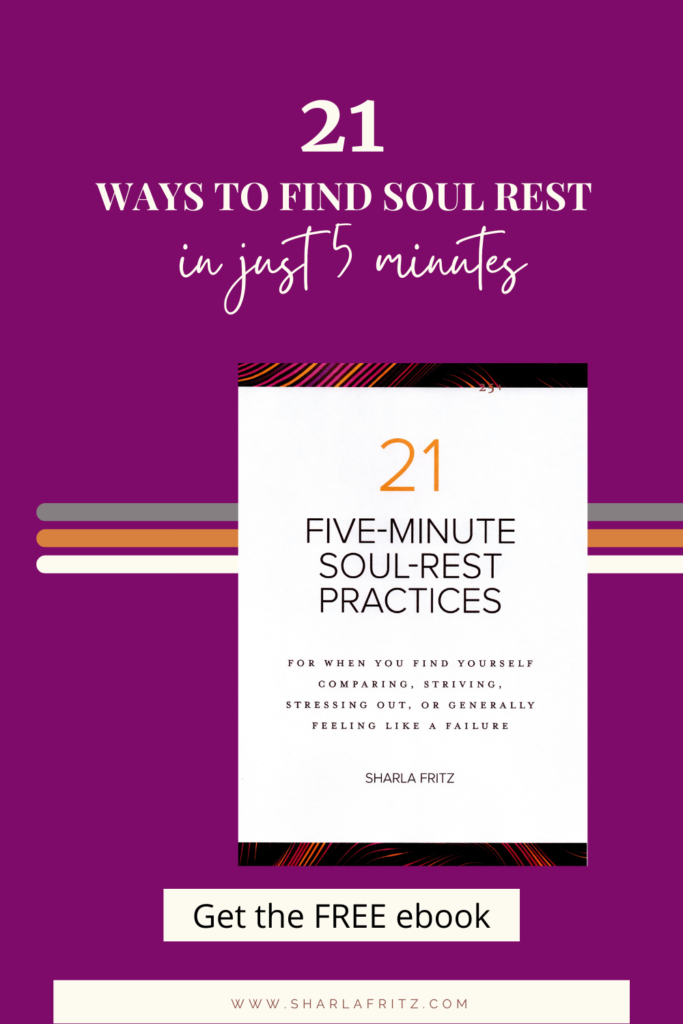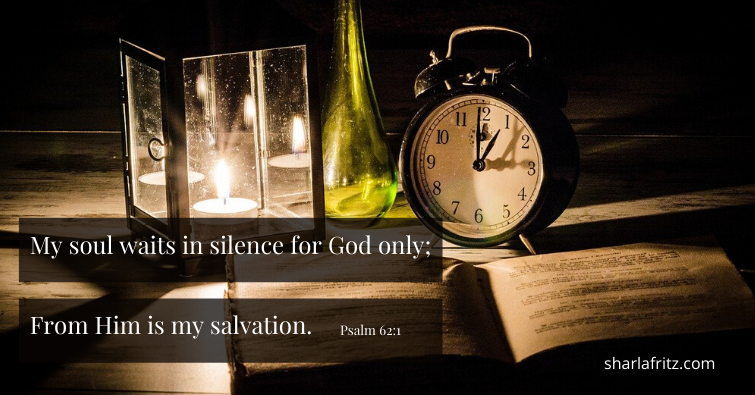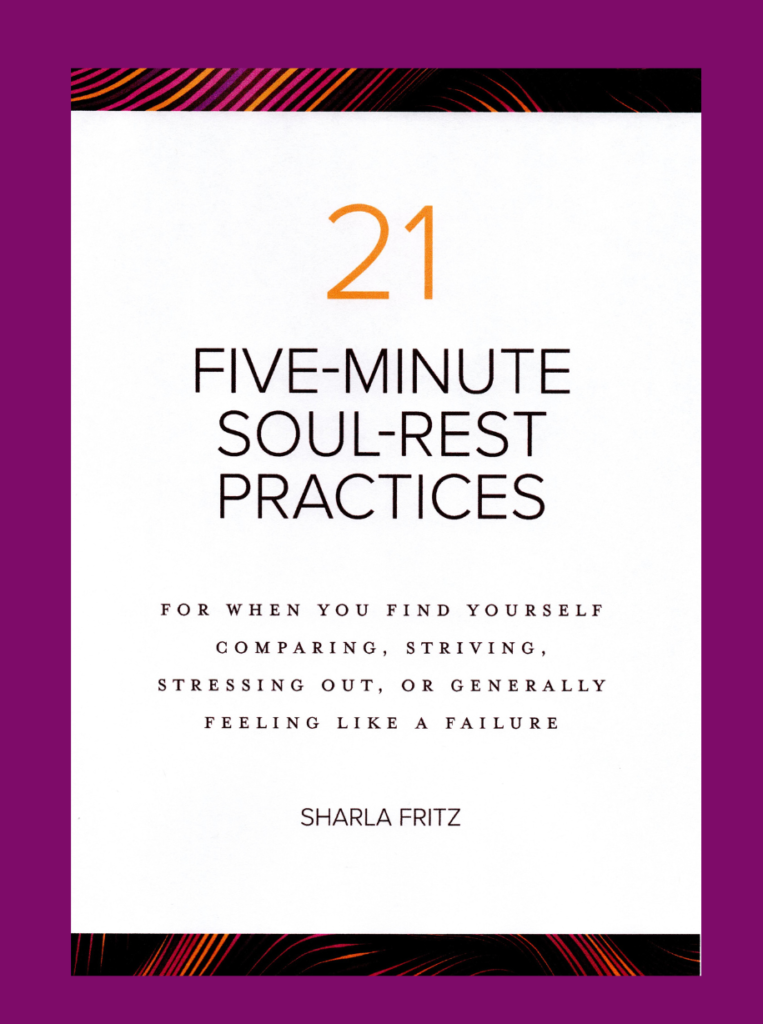
How does God measure success?
When I examine how our culture measures success, it certainly looks like the world’s success meter rises with every dollar earned, promotion granted, or trophy won, and plummets with each financial loss, professional downfall, or athletic defeat.
But how does God measure success? When we examine the life of Joseph in the Old Testament, we discover how different God’s definition of success is from the world’s definition. Genesis 39:3 tells us this about Joseph, “the Lord caused all that he did to succeed in his hands.” When did he experience this success? When he was the favored child of his father Jacob, wearing a beautiful coat that set him apart from his siblings? No, the Bible tells us that God made Joseph successful when he was a slave in Egypt. Working for Potiphar, a captain in Pharaoh’s guard.
Another verse in Genesis tells us something similar about Joseph, “Whatever he did, the Lord made it succeed” (Genesis 39:23). When did this success occur? When he worked for Pharaoh? When he was second-in-command of the land of Egypt? No, Joseph’s success happened while suffering in prison. Working for the prison keeper.
In these unlikely places, God granted Joseph success.

Is This Success?
But I wonder: Did it feel like success to Joseph? Before prison, the work he did for Potiphar made the Egyptian’s home thrive. His master noticed Joseph’s excellent efforts and gave him more and more responsibility, until “he left all that he had in Joseph’s charge” (Genesis 39:6). The jailer, too, noticed Joseph’s excellent management skills and put him in charge of the prisoners. (This in itself is remarkable. Who would put one inmate in charge of others?) Even one of the other prisoners benefited from Joseph’s unique abilities. Joseph’s interpretation of the cupbearer’s dream came true and this servant of Pharaoh was released from jail. Everything Joseph did turned to gold—for someone else.
If someone had said to Joseph, “The Lord was with Joseph, and he became a successful man” (Genesis 39:2), he might have laughed out loud. Scripture tells us Joseph was seventeen years old when his brothers sold him into slavery (Genesis 37:2) and thirty years old when Pharaoh made him second-in-command (Genesis 41:46). Joseph spent thirteen years as a slave and a prisoner. I doubt he would have described himself as successful.
Not only do I find it remarkable that the Bible describes Joseph as successful when he is a slave and a prisoner, but it doesn’t label him a success when he later becomes Pharaoh’s right-hand man and saves the country from starvation. This doesn’t seem to make sense.
Joseph had success when he served as a slave and languished in jail, but not when he became the second-most powerful man in the world? Throughout the account of the famine and Joseph collecting grain and selling it to the people, preventing nationwide starvation, the Bible doesn’t include a phrase like “the Lord caused everything Joseph did to succeed.”
Perhaps Scripture omits the phrase because Joseph’s success is so obvious, there’s no need to point it out. But perhaps the omission of the word success when Joseph clearly obtains it demonstrates how God defines that word.
Success in God’s Eyes
Success in the world looks big—stadiums filled with fans. Success in the world looks impressive—fancy corner offices with diplomas on the walls. Success looks like fame—names on brightly lit marquees.
But success in God’s eyes doesn’t necessarily look big or impressive.
The Hebrew word for “success” in Genesis 39 is salah. It means “to advance, prosper, make progress, succeed, be profitable.”7 The word sometimes portrays worldly success that even evil people can achieve, such as in Psalm 37:7: “Fret not yourself over the one who prospers [salah] in his way, over the man who carries out evil devices!” But usually, success in the Old Testament doesn’t happen without the Lord’s help.
The success the Bible talks about is not primarily worldly prosperity but submission to the Lord and living in His presence. In Joseph’s story, God described Joseph as successful when he was a slave and a prisoner. God measures our success based on our dependence on Him.
Success is Doing Your Best Wherever You Find Yourself
One of the lessons we can learn from Joseph’s life is: Do your best in whatever position you find yourself.
When Joseph was a slave, he could have moped and complained to God and done his work half-heartedly, but the Bible doesn’t tell us so. As a slave, he could not have avoided work, but I doubt Potiphar would have put Joseph in charge of his household if Joseph had made only minimal effort.
Whatever work you find yourself doing—balancing the books, teaching rambunctious preschoolers, running a multinational corporation, scrubbing muddy floors—know that God notices your vocation.
You are doing important work even if the world says it’s lowly. Colossians 3:23–24 says,
“Whatever you do, work heartily, as for the Lord and not for men, knowing that from the Lord you will receive the inheritance as your reward. You are serving the Lord Christ.”
Do your best because you serve a God who is gracious to you.
Although we may view our lives as disappointments, God declares them triumphant when we trust Him to complete the work He has given us—great or small.

This post is adapted from my new book, Measured by Grace: How God Defines Success. If you’ve ever felt like your life is a mess or that it’s too small to make any difference, read how God defines success!
This book studies eight “failures” in the Bible–people who either made a big mess of their lives or simply didn’t look like a success in the eyes of the world. By examining their lives you’ll discover that God redeems our failures and doesn’t measure us by wealth or fame. He measures us by His grace!
You can find out more about this eight-week Bible study book here.





























Follow Me!